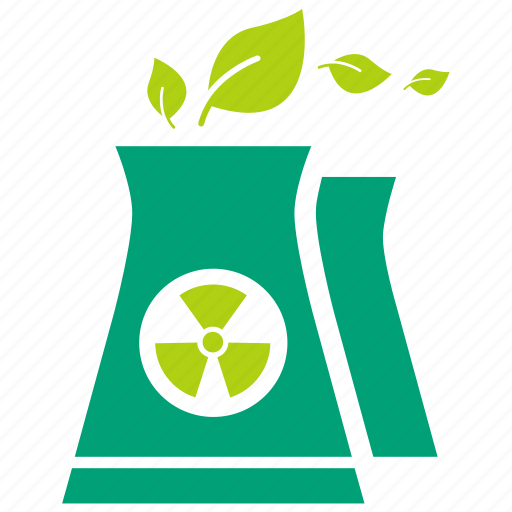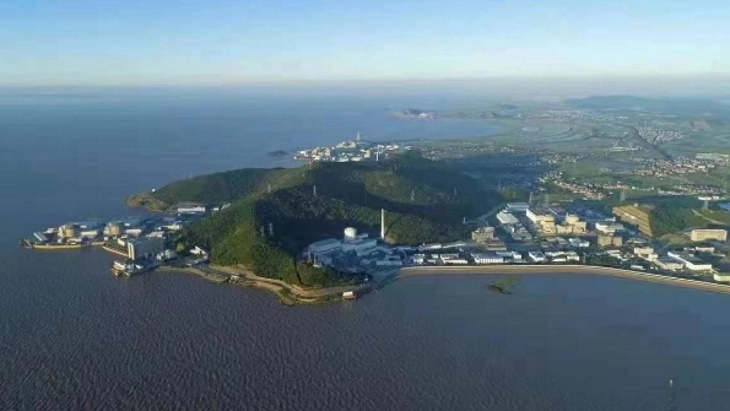China has set a target for its nuclear technology application industry to generate annual direct economic output value of CNY400 billion (USD55.7 billion) by 2026.
The target was set in an action plan - titled Three-Year Action Plan for High-Quality Development of Nuclear Technology Application Industry (2024-2026) - which was jointly released on 24 October by the China Nuclear Energy Association (CNEA), the National Development and Reform Commission and other departments.
“Nuclear technology, also known as isotope and radiation technology, and its related industries are characterised by high technology, high efficiency and high quality,” the plan says. "The development of nuclear technology application industry is an inevitable trend to adapt to the new round of scientific and technological revolution and industrial transformation, expand the application field of nuclear technology, and promote the high-quality development of the nuclear industry.
“It is an important enabling means to support the transformation and upgrading of various fields of the national economy and improve quality and efficiency.”
According to the plan, by 2026, China’s independent innovation capability in the nuclear technology application industry “will be significantly improved, and the industry field will be further expanded”.
It adds: "Focusing on the application of nuclear technology in key directions or fields such as medical diagnosis and treatment, agricultural breeding, food processing, material modification, security inspection and security, we will break through a number of key technologies, build a number of innovation platforms, and cultivate a number of specialised and new enterprises.
“We will strive to achieve an annual direct economic output value of CNY400 billion in the nuclear technology application industry, injecting strong momentum into the transformation and upgrading of traditional industries.”
The plan calls for the supply capacity of key isotopes to be “significantly” increased, with the construction of new reactors and the “optimisation and transformation” of in-service reactors. It says that China should “have the ability to independently supply more than three types of radioactive isotopes, develop more than five types of radioactive isotope production technologies, and basically reverse the situation where the supply of key isotope products is controlled by others”.
It notes that CNEA is “responsible for the top-level design and overall layout of the development of the nuclear technology application industry”, and will coordinate the implementation of this action plan with other departments.


